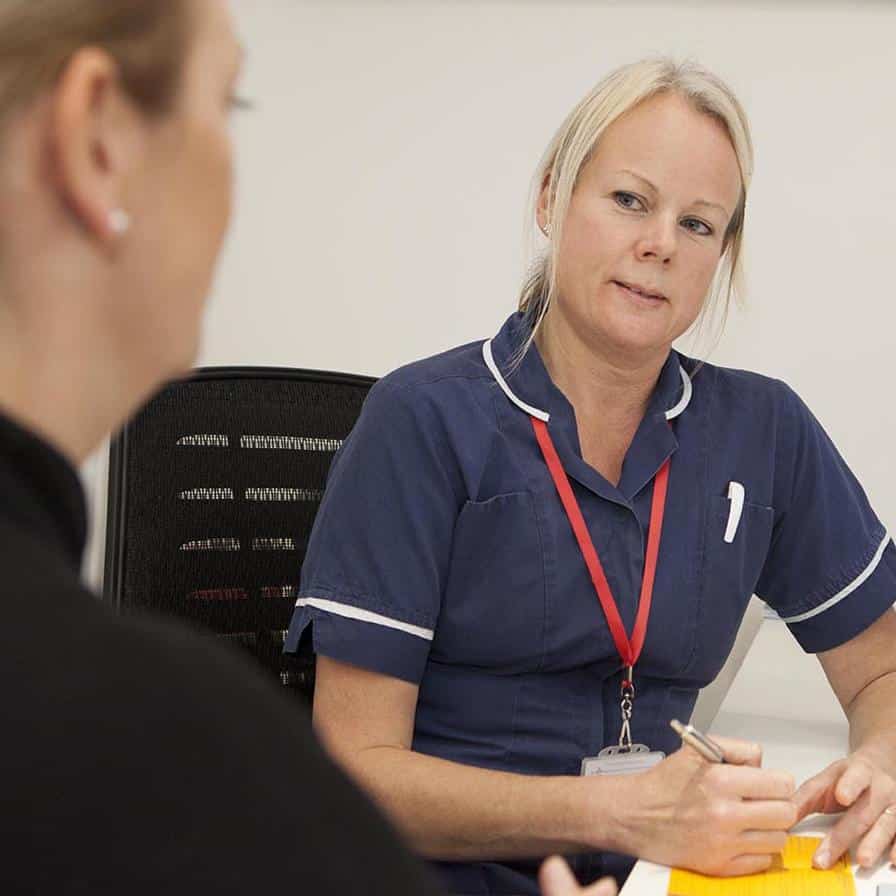Herpes
Genital herpes is an infection of the genitals (penis in men, vulva and vagina in women) and surrounding area of skin, caused by the herpes simplex virus.
About the Herpes
Book Appointment
Why choose CityDoc?
- Same, next day & weekend appointments
- Full range of vaccines in stock
- Experienced travel health nurses
- 100+ clinics & pharmacy partners nationwide
- 80 registered Yellow Fever clinics
- Care Quality Commission regulated
Individual consultation
The nurse or pharmacist will discuss requirements with you so we can tailor the advice to your individual needs:
- Your upcoming travel itinerary
- Your planned activities
- Your medical history

Expert advice
Our expert will explain the vaccines, what they protect against, the costs and any other risks. You can choose what to take up:
- Your recommended vaccines
- Your options for non-essential vaccines
- Other precautions against health risks

Treatment
You will receive your vaccinations and antimalarials during the same appointment. Some vaccines require several doses.
- First vaccine doses administered
- Yellow Fever certificate
- Booking for follow up doses
The Illness & Infection
The first episode of symptoms may appear months or years after being first infected.
Primary Infection
- Symptomless
- Non specific symptoms-fever, aches and pains
- Blisters around genitals, becoming shallow painful ulcers. The ulcers and blisters can last up to 10-20 days, and then gradually heal and go without scarring.
- Vaginal discharge, pain on passing urine
Following the primary infection, the virus lies dormant in local nerves and activates, leading to recurrent symptoms of genital herpes if the primary infection was in the genitals.
However, even people who do not get symptoms may, on occasions, have virus in their genital area and therefore be infectious to sexual partners. In fact, this is how many genital herpes simplex infections are passed on.
Recurrent Infection
Recurrences tend to be less severe and shorter than the first episode. It is more usual to have 7-10 days of symptoms with a recurrence, unlike the 10-20 days of symptoms that may occur during the first episode. Most people do not develop a fever and do not feel particularly unwell during a recurrence. A tingling or itch in the genital area for 12-24 hours may indicate a recurrence is starting. The time period between recurrences and the frequency of recurrences is variable. The recurrence rate for HSV 2 is 4 times higher than HSV 1. Recurrences tend to reduce in incidence over time in most people.